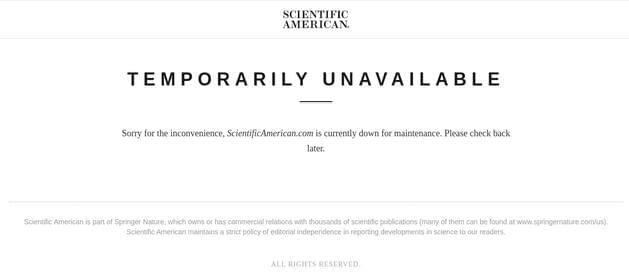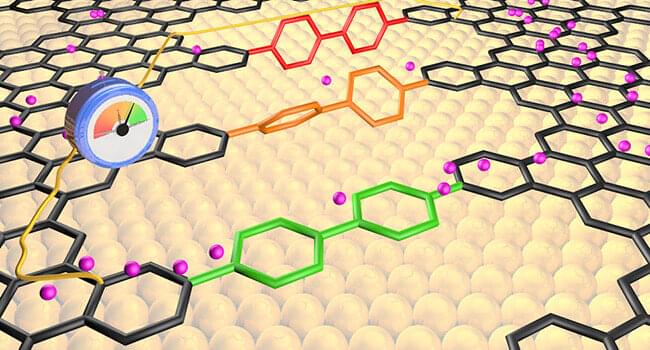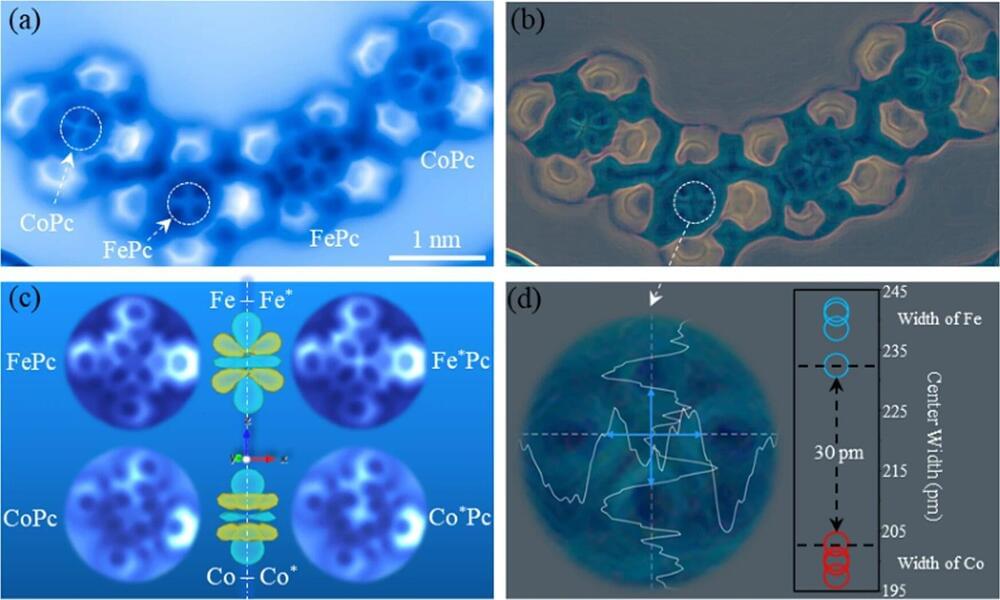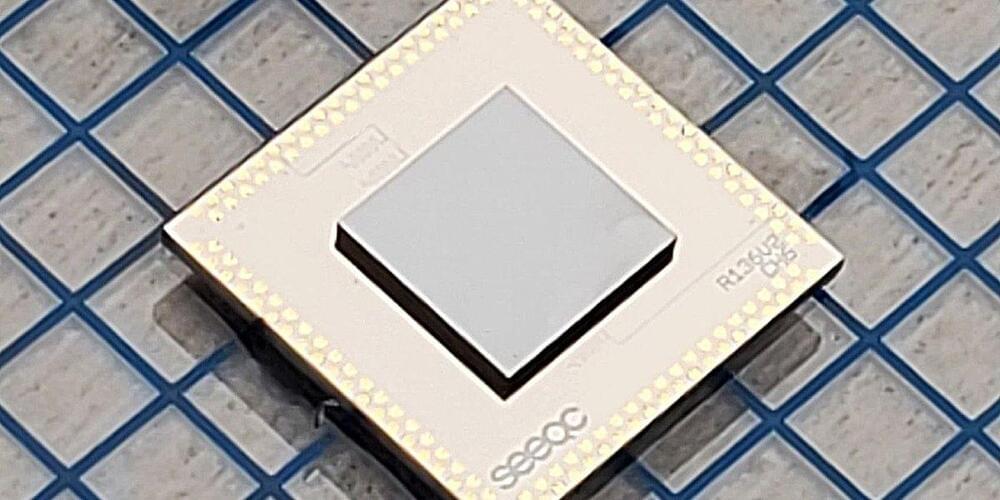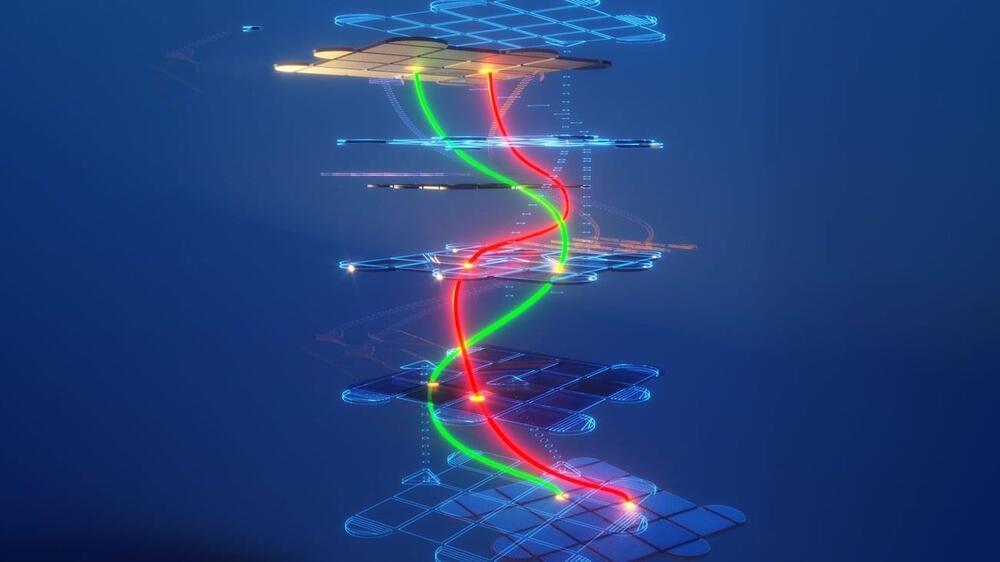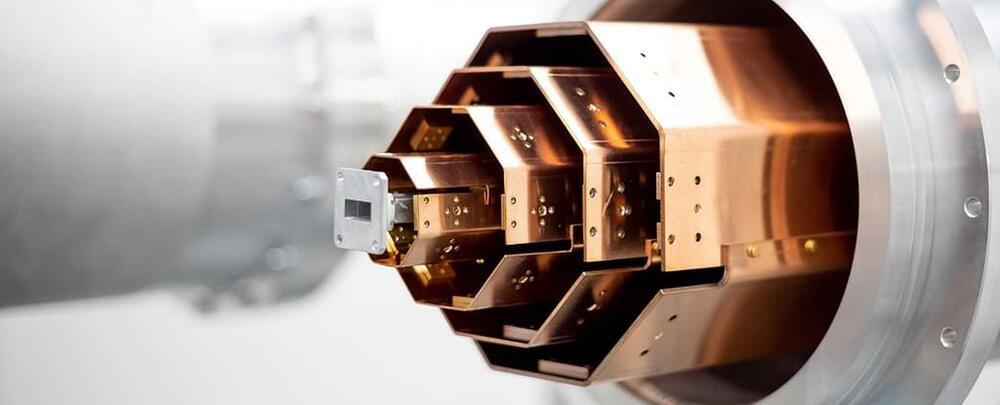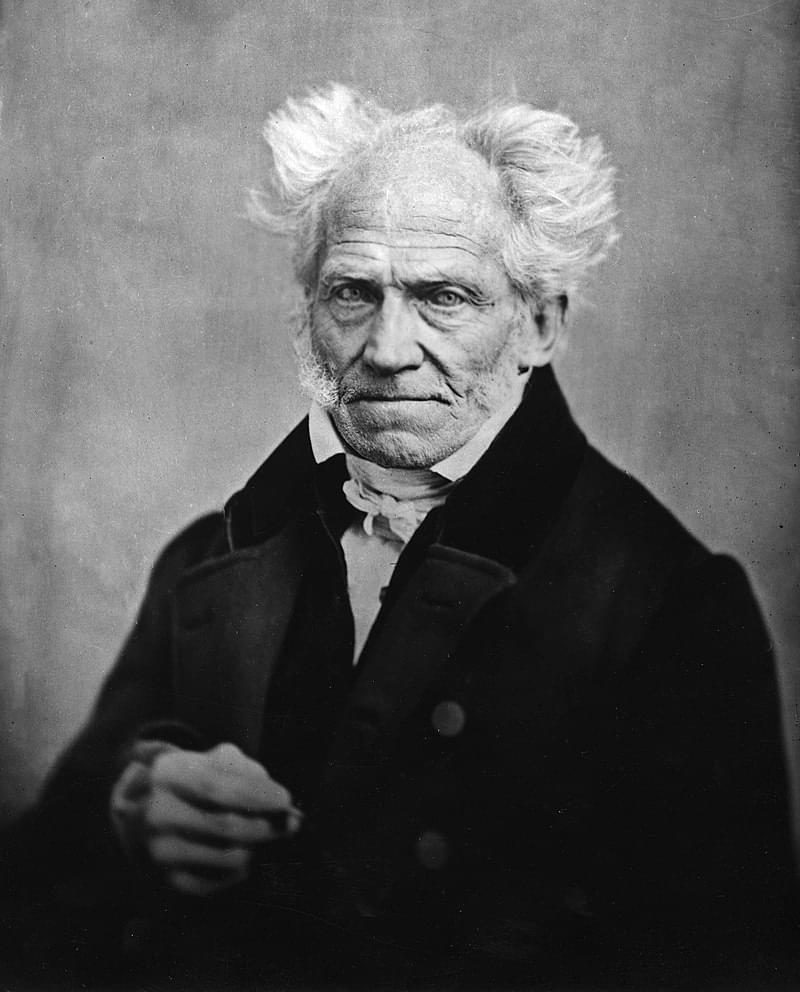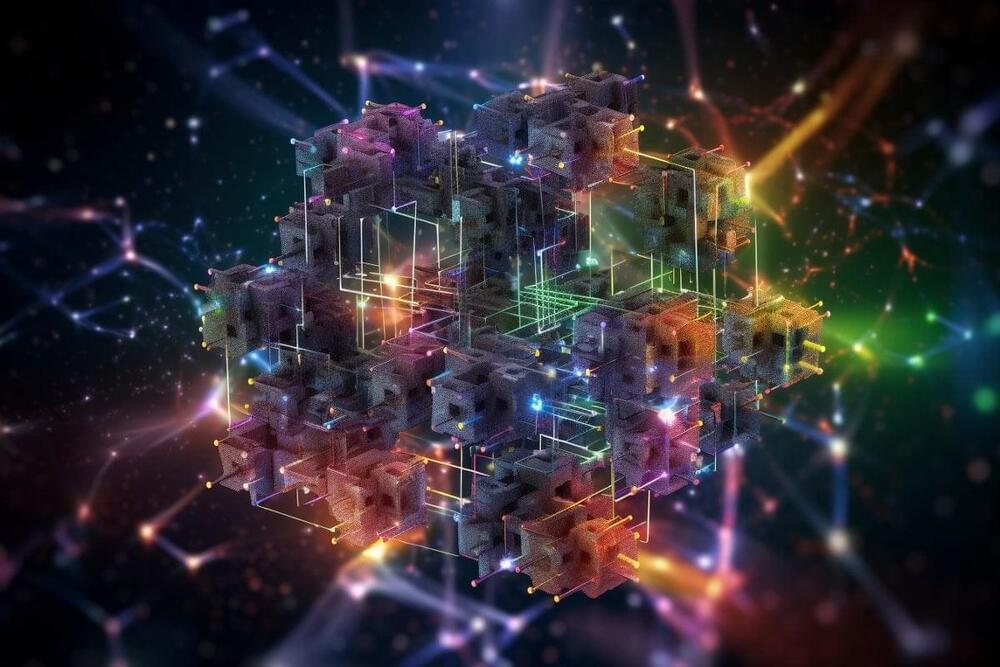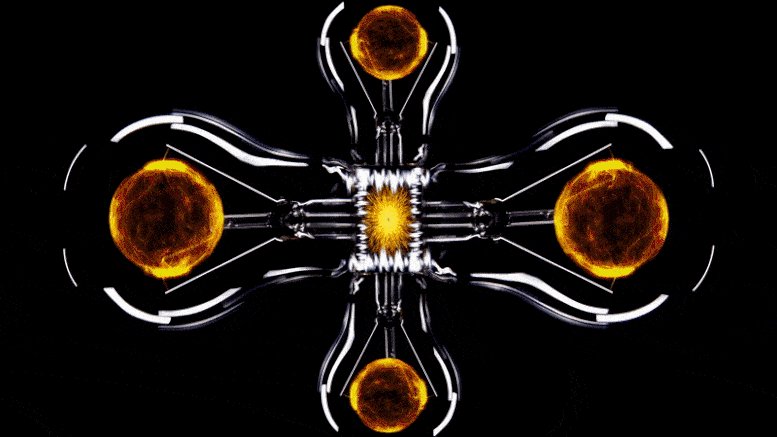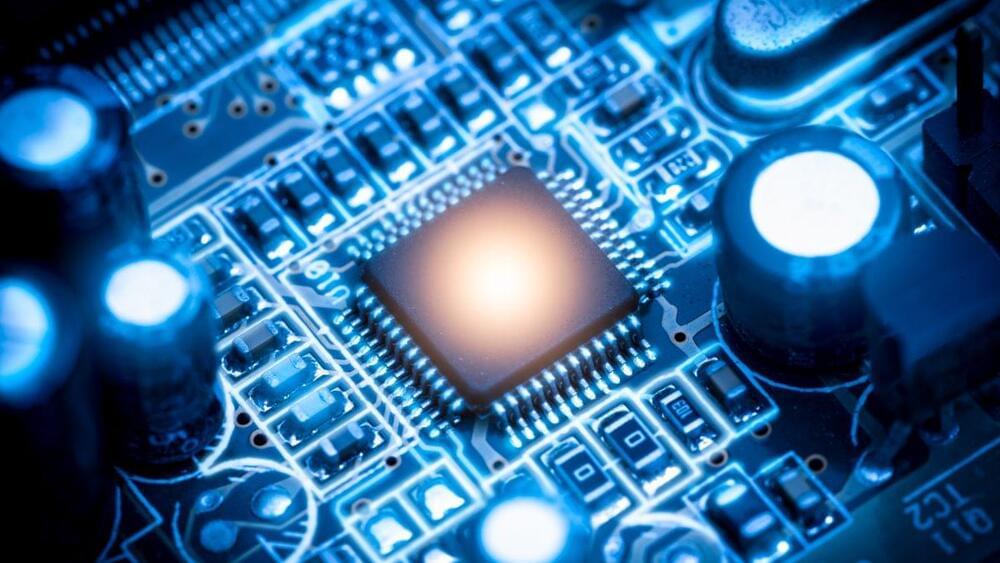
Out of all common refrains in the world of computing, the phrase “if only software would catch up with hardware” would probably rank pretty high. And yet, software does sometimes catch up with hardware. In fact, it seems that this time, software can go as far as unlocking quantum computations for classical computers. That’s according to researchers with the RIKEN Center for Quantum Computing, Japan, who have published work on an algorithm that significantly accelerates a specific quantum computing workload. More significantly, the workload itself — called time evolution operators — has applications in condensed matter physics and quantum chemistry, two fields that can unlock new worlds within our own.
Normally, an improved algorithm wouldn’t be completely out of the ordinary; updates are everywhere, after all. Every app update, software update, or firmware upgrade is essentially bringing revised code that either solves problems or improves performance (hopefully). And improved algorithms are nice, as anyone with a graphics card from either AMD or NVIDIA can attest. But let’s face it: We’re used to being disappointed with performance updates.
